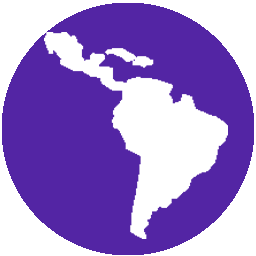
Latin America
Last April 22, the Regional Agreement on Access to Information, Public Participation and Access to Justice in Environmental Matters in Latin America and the Caribbean, better known as the Escazú Agreement, entered into force. Signed in September 2018 by 24 countries and so far ratified by just 12, it came after six years of intense negotiations. It is the first legally binding environmental agreement in the region and the first in the world to contain specific provisions on human rights defenders in environmental matters. Below are some of its most salient points.
In terms of access to environmental information, signatory countries undertake to guarantee citizen’s right to request and receive information from public authorities without having to justify their interest or reasons for requesting it, and to provide it in the required format whenever it is available. In particular, they commit themselves to facilitate the access of disadvantaged persons or groups, by means of mechanisms of attention and delivery of information that take into account their particular conditions.
The countries also commit to guarantee mechanisms for citizen participation in decision-making processes, reviews, or updates related to projects and activities, as well as in other environmental authorization processes, that have or may have a significant impact on the environment, including those with potential impacts on health.
In addition, they should take measures to recognize, protect and promote the rights of human rights defenders in environmental matters, including their right to life, personal integrity, freedom of opinion and expression, right to peaceful assembly and association, and right to freedom of movement.
So far only 12 of the 24 signatory countries have ratified the Agreement: Argentina, Antigua and Barbuda, Bolivia, Ecuador, Guyana, Mexico, Nicaragua, Panama, St. Vincent and the Grenadines, St. Kitts and Nevis, St. Lucia and Uruguay. Two of the Agreement’s main drivers – Chile and Costa Rica – are notably absent from the list. Brazil and Colombia, which lead the list of countries with the highest levels of violence against environmental activists, are also missing.


